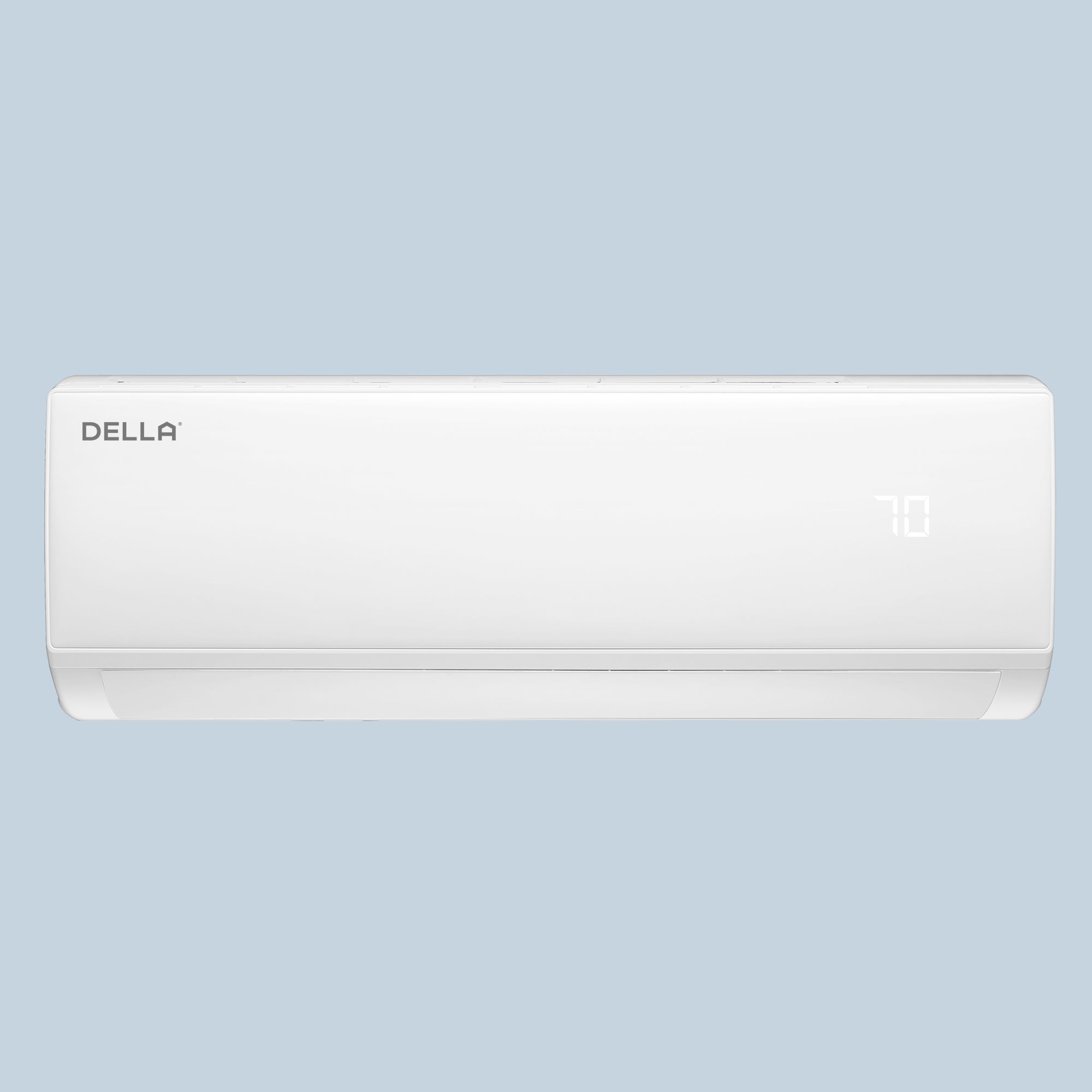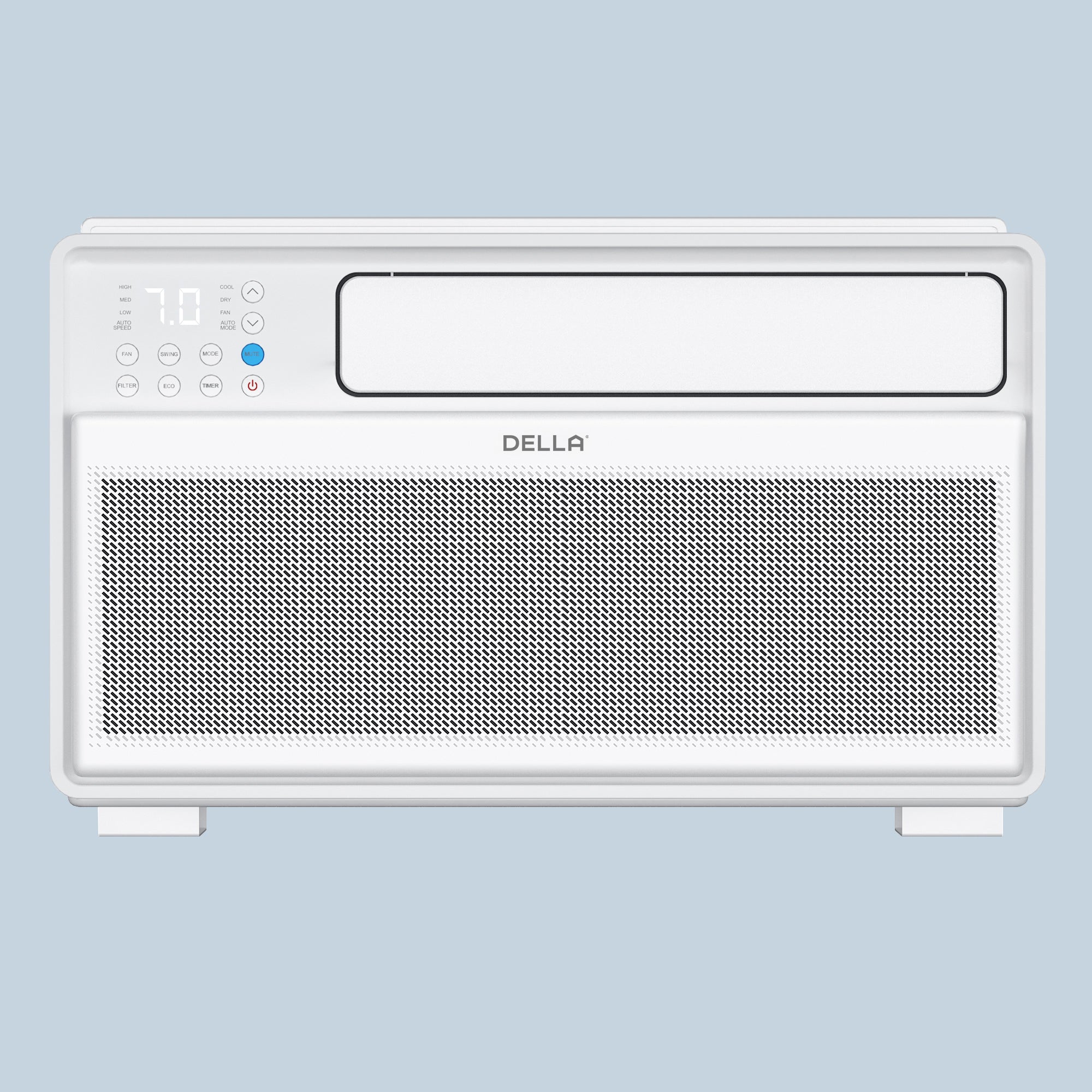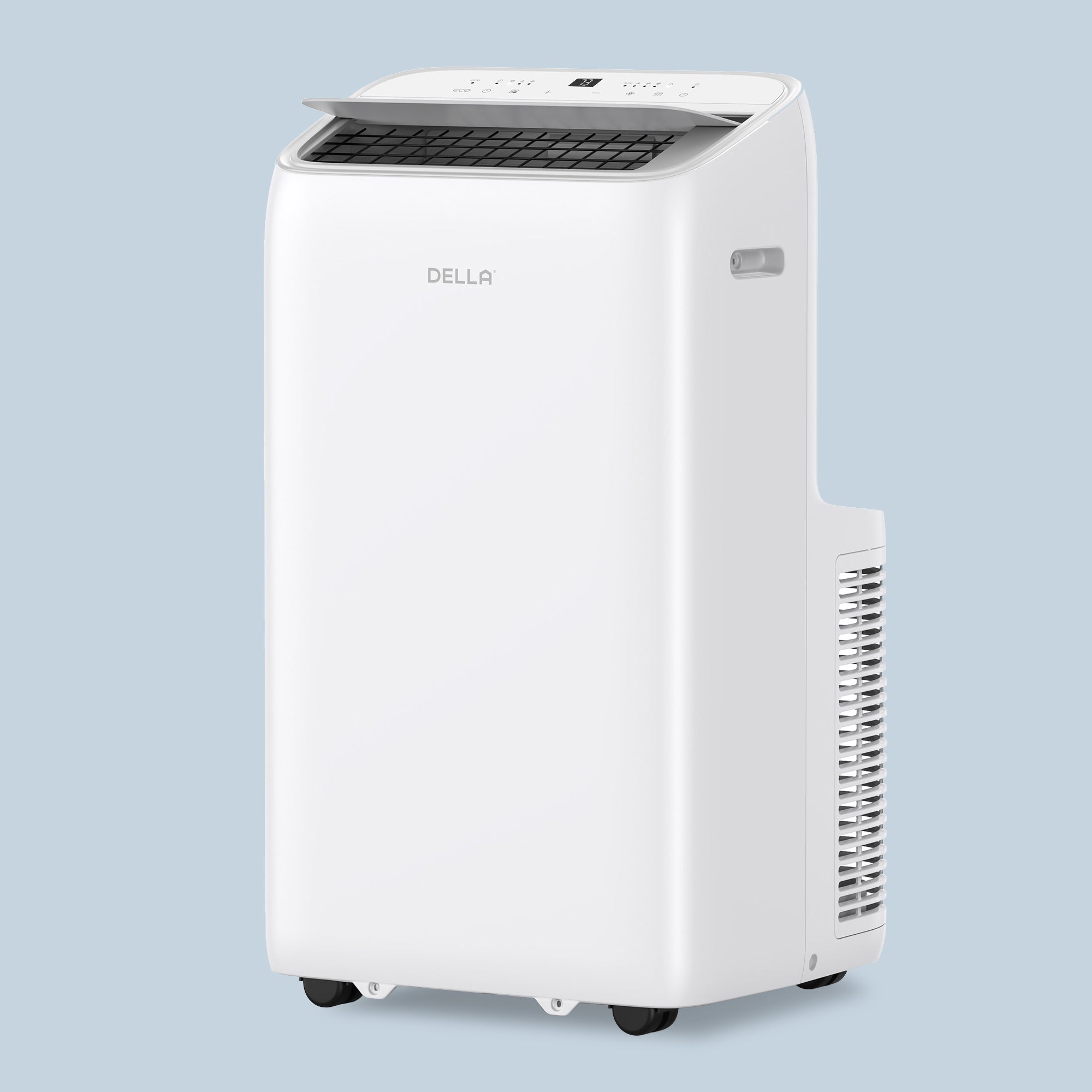Air conditioners are essential for staying cool during hot American summers. On average, these air conditioner units last 10 to 15 years, but proper care can extend their life. In this guide, you’ll learn what affects your AC’s lifespan and how to keep it running efficiently for as long as possible.
Lifespan of Different Air Conditioners
Different types of air conditioners offer varying lifespans. Here's how long each typically lasts:
Mini Split AC: 12–15 years
Window Unit: 8–10 years
Portable AC: 5–10 years
Central AC: 12–15 years
Factors That Affect the Lifespan of Air Conditioners
The longevity of your air conditioner depends on these several factors:
Maintenance
Regular filter changes, cleaning, and professional servicing can significantly extend the life of your unit. A well-maintained system may last up to 20% longer than one that is neglected.
Usage
Frequent or constant use, especially during long, hot summers, puts more strain on the system. In areas with high cooling demands, air conditioners may wear out 2–5 years earlier than the average lifespan.
Installation
Poor installation can lead to inefficiencies, such as uneven cooling or frequent breakdowns, shortening the lifespan. A correctly installed AC unit operates more efficiently and lasts longer.
Climate
In humid or extremely hot climates, your AC works harder, leading to faster wear and tear. For example, in states like Florida and Texas, units may need replacement sooner than those in milder climates.
Size of the Unit
A unit that's too small for your home will work harder and wear out faster. If you're cooling multiple rooms, a 2 head mini split system offers a more efficient way to manage separate zones. Conversely, an oversized unit will cycle on and off too often, leading to mechanical wear and reduced efficiency.
Electrical Issues
Power surges or inadequate electrical supply can damage the system's components. Using surge protectors or ensuring your home’s electrical system is properly rated can help prevent such damage.

How to Maintain Your Air Conditioner for an Extended Service Life?
Proper maintenance is key to maximizing the lifespan of your air conditioner. Here are the most effective steps you can take:
Regular Filter Changes
Dirty filters reduce airflow and make your system work harder, which shortens its life. Replace filters every 1 to 3 months, depending on usage and filter type.
Professional Servicing
Schedule annual or bi-annual check-ups with a licensed HVAC technician. These inspections can catch small issues, like refrigerant leaks or worn components, before they cause major problems.
Clean Coils and Fins
Dust and debris can accumulate on the coils and fins, reducing efficiency. Cleaning them regularly ensures your unit doesn’t overheat or struggle to cool your home.
Check for Leaks and Blockages
Blocked condensate drains or refrigerant leaks can damage your system. Ensure drains are clear, and watch for signs like water pooling near your unit or insufficient cooling.
Thermostat Settings
Avoid constantly adjusting the thermostat. Keeping a consistent temperature reduces strain on the system, preventing excessive cycling that can lead to wear and tear.
Seal Air Leaks
Ensure that windows and doors are sealed properly. Air leaks force your AC to work harder, shortening its lifespan and increasing energy bills.

How to Tell It’s Time to Replace Your Air Conditioner?
Even with proper maintenance, air conditioners will eventually need to be replaced. Here are some clear signs that it’s time for a new unit:
Frequent Repairs
If your AC requires frequent repairs, especially on major components like the compressor or evaporator coil, it’s likely more cost-effective to replace it. As a rule of thumb, if repair costs are more than half the price of a new unit, consider upgrading.
Decreased Efficiency
An aging air conditioner may struggle to cool your home as effectively as it once did. If you notice uneven cooling, longer run times, or a significant increase in your energy bills, your system may be nearing the end of its life.
Age of the Unit
Most air conditioners last 10 to 15 years. If your unit is nearing this age, especially in a climate with heavy use, it’s time to start planning for a replacement.
Unusual Noises or Smells
Grinding, banging, or squealing sounds, as well as musty or burning odors, are indicators that your AC is experiencing serious mechanical issues.
Refrigerant Type
If your AC uses outdated refrigerants like R-22, which has been phased out, replacing the unit may be more cost-effective than continuing to service it with expensive, hard-to-find refrigerants.
Poor Air Quality
An older unit may circulate dust, allergens, or even mold, affecting indoor air quality. If you notice increased dust or worsening allergy symptoms, it could be a sign that your AC isn’t filtering air properly anymore.
Conclusion
An air conditioner’s lifespan depends on maintenance, usage, and environmental factors, but knowing when to repair or replace it ensures your home stays comfortable. If you're ready to upgrade, take advantage of the latest air conditioner sale at Della for reliable, high-performance units. By staying proactive, you can avoid costly breakdowns and maintain a cool, energy-efficient home.
If you’re considering upgrading your air conditioner, check out Della's range of high-quality AC units designed to provide reliable, long-lasting performance. Visit Della today and find the perfect unit for your home!
FAQs
What is the best time of year to replace an air conditioner?
The best time to replace your air conditioner is in the spring or fall, when HVAC companies tend to be less busy. During these off-peak seasons, you’re more likely to find discounts and quicker installation scheduling. Additionally, you’ll avoid the summer rush when units often break down due to heavy use.
Does upgrading my thermostat extend the life of my air conditioner?
Yes, upgrading to a programmable or smart thermostat can extend the life of your AC by optimizing its operation. These thermostats allow you to set precise schedules, avoiding unnecessary cooling when no one is home, which reduces the number of cycles your AC goes through, limiting wear and tear.
How do I know if my AC is the right size for my home?
If your AC is too small, it will run constantly, struggle to cool the space, and wear out faster. If it’s too large, it will cycle on and off frequently, leading to inefficient cooling and higher energy bills. A professional HVAC technician can perform a load calculation based on your home’s size, insulation, and layout to ensure your AC is correctly sized.
What is the cost to replace a home air conditioning unit?
The cost to replace a home AC unit typically ranges from $3,000 to $7,000, depending on the size of the unit, its efficiency rating, and installation complexity. Higher-end units with better energy efficiency (higher SEER ratings) or additional features can push the cost toward the upper end of that range.
Can an AC unit last 30 years?
While rare, some air conditioners can last 30 years if they are well-maintained, installed correctly, and operate in mild climates. However, most units typically last 10–15 years due to wear and tear, technological advancements, and environmental factors that cause parts to degrade over time. Replacing an older unit with a newer, more efficient model often results in better performance and lower energy costs.
Related Reading:
What Size of Mini Split Air Conditioner Do I Need?
How Do Portable Air Conditioners Work? Efficient Cool Guide








LEAVE A COMMENT
All comments are moderated before being published.
This site is protected by hCaptcha and the hCaptcha Privacy Policy and Terms of Service apply.